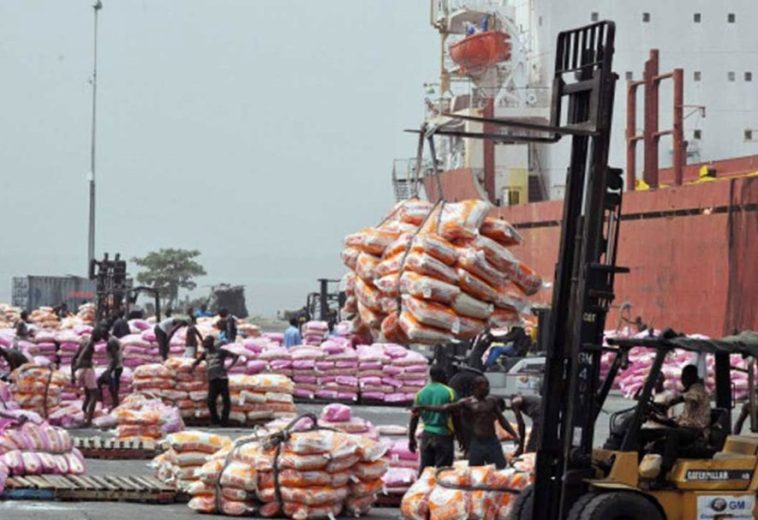Raila Odinga, former Prime Minister of Kenya and a staunch advocate for Pan-Africanism has outlined an ambitious vision for the future of the African Union (AU). His transformative leadership strategy, which aims to accelerate Africa’s development, is firmly grounded in the continent’s potential for self-reliance, unity, and sustainability. Odinga envisions an Africa that rises above its historical challenges, realising its full potential through a new era of progressive leadership.
At the heart of Odinga’s vision is economic transformation. He advocates for a dynamic and diversified economic model that encourages innovation, manufacturing, and sustainable development. Odinga envisions a future where Africa is less dependent on external aid and instead focuses on harnessing its vast internal resources. This would involve strengthening the African Continental Free Trade Area (AfCFTA), which is poised to unlock greater intra-African trade and foster economic collaboration across the continent. According to Odinga, increasing trade between African countries will help diversify economies and reduce the dependency on foreign aid. A 2020 report from the United Nations Economic Commission for Africa (UNECA) projected that AfCFTA could increase intra-African trade by 52.3% by 2022. Odinga’s vision is to position Africa as a self-reliant economic powerhouse, with more equitable and sustainable economic growth.
READ ALSO: The Future of African Union Strengthening Continental Integration
Gender equity forms another cornerstone of Odinga’s agenda. Recognising that women and girls are disproportionately affected by Africa’s challenges, he is determined to implement policies that empower women economically and socially. Odinga argues that by advancing gender equality in education, health, and business, Africa can make significant strides towards achieving the goals set out in Agenda 2063. The African Union has consistently highlighted that gender equity is central to Africa’s sustainable development, with studies showing that closing the gender gap could boost Africa’s GDP by over $300 billion by 2025. Odinga’s commitment to gender equity seeks to reduce these disparities, ensuring that women are active participants in the continent’s socio-economic transformation.
In the field of agriculture, Odinga advocates for a dramatic overhaul of the sector to guarantee food security and sustainable farming. His strategy involves modernising agriculture, improving market access, and promoting value addition, all while protecting Africa’s food systems from external exploitation. According to Odinga’s policy suggestions, this would reduce Africa’s reliance on food imports and foreign aid, while also bolstering food sovereignty across the continent. Reports from the AU have shown that agriculture has the potential to generate a large portion of Africa’s GDP, and by enhancing its productivity, Africa could achieve food security and reduce its dependency on global food markets.
Climate change is another area of immediate concern for Odinga. He is committed to positioning Africa as a global leader in climate action, promoting green energy solutions such as geothermal, wind, and solar power. His leadership would prioritise the establishment of climate-smart policies designed not only to mitigate the impacts of climate change but also to create new economic opportunities through sustainable energy practices. According to the International Renewable Energy Agency (IRENA), Africa’s renewable energy potential is vast, with the continent having an estimated 11 terawatts of renewable energy capacity. Odinga’s vision recognises this potential, pushing for investments in green technologies that would stimulate job creation and economic growth while contributing to the global fight against climate change.
Odinga’s leadership vision also emphasises the need for continental integration. He aims to dismantle the travel barriers that hinder intra-African mobility, advocating for the abolition of visa restrictions within the continent and the creation of a pan-African body to streamline air travel and logistics. This proposal aligns with the African Union’s Agenda 2063, which envisions a continent where Africans can travel freely across borders. In line with this, Odinga’s plan supports efforts such as the Single African Air Transport Market (SAATM), which seeks to increase intra-African air travel and reduce the cost of travel, thereby boosting trade, tourism, and regional cooperation.
Youth empowerment is at the core of Odinga’s policies. With over 70% of Africa’s population under the age of 30, the continent’s youth represents a powerful force for innovation and economic growth. However, youth unemployment remains a major challenge. Odinga envisions policies that will equip the young population with the skills necessary to drive industrialisation and economic transformation. According to the International Labour Organization (ILO), youth unemployment in Africa is the highest in the world, with many young people unable to access decent jobs. Odinga’s strategy aims to create sustainable job opportunities through investment in education, technology, and infrastructure, with a focus on digital skills and entrepreneurship.
In his bid to become the next Chairperson of the African Union Commission, Odinga seeks to bring these transformative ideas to life. His vision is not merely about addressing Africa’s current challenges, but about creating an environment where the continent can thrive and take its rightful place on the global stage. Odinga’s proposals aim to build a unified, economically independent Africa, prepared to compete with global powers. According to his public statements, this vision is about laying the foundations for an Africa that can provide for its people and influence global decision-making.




